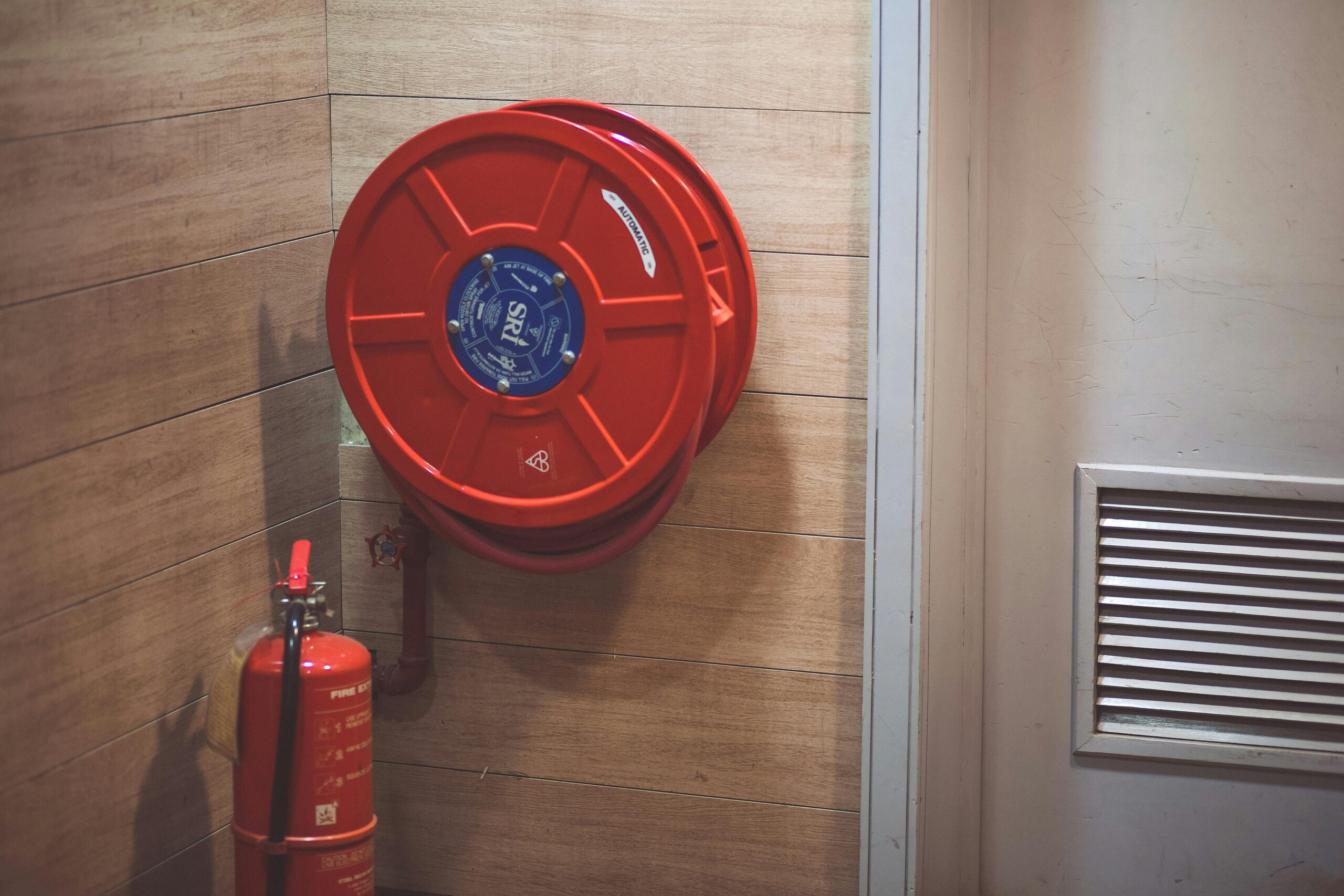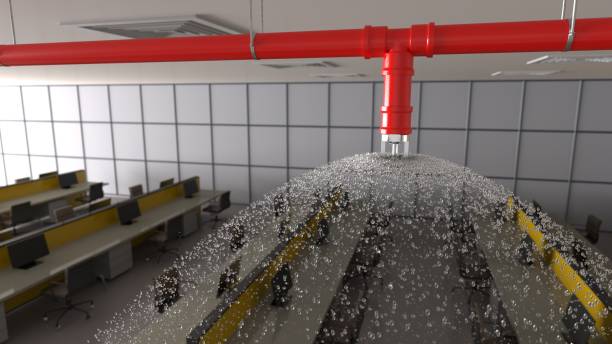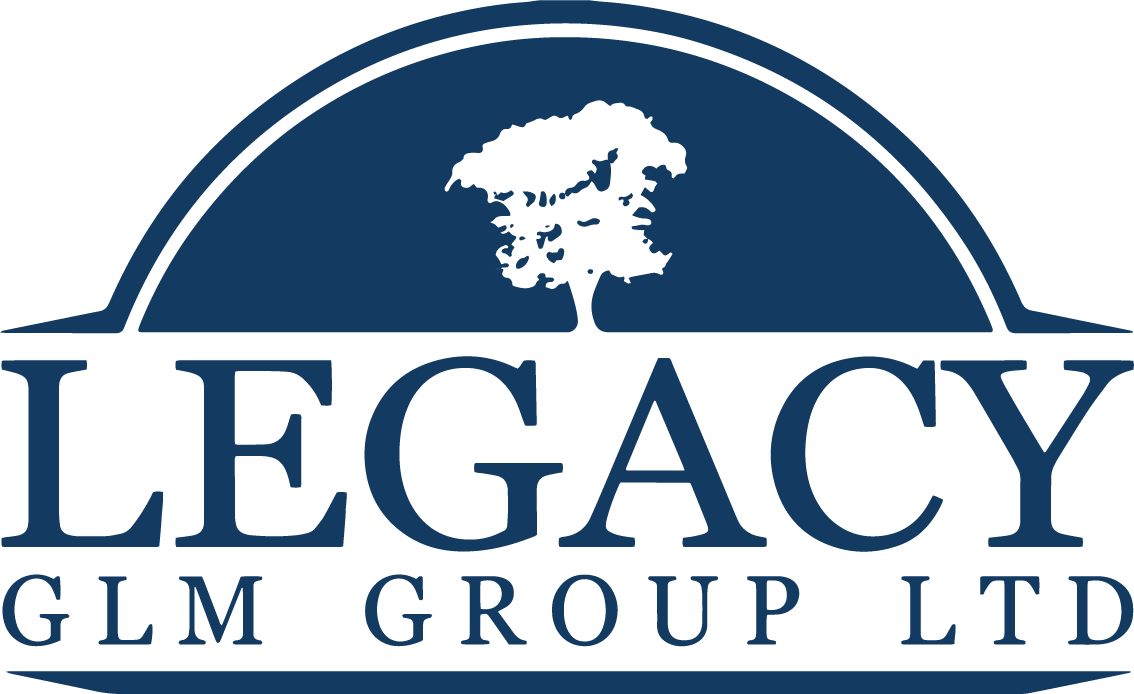
A fire risk assessment for properties in Portsmouth is essential for identifying combustion hazards and ensuring buildings meet safety regulations. Fire hazards can include faulty wiring, blocked escape routes, and improper storage of flammable materials. Spotting these risks early helps prevent fires, protects residents, and avoids legal issues.
Combustible hazards generally fall into three categories: sources of ignition, fuel sources, and escape route obstructions. Common ignition sources include electrical faults, heating appliances, and open flames. Fuel sources can be anything flammable, such as paper, wood, or stored chemicals. Obstructed exits or poorly maintained fire doors can make a combustion incident much more dangerous by limiting safe escape routes.
Property owners, landlords, and businesses are legally responsible for fire safety, and regular assessments help meet these obligations. A thorough combustible risk assessment checks all areas of a property, from electrical installations to fire alarms and extinguishers, ensuring that risks are identified and addressed.
This article will explore the most common combustion hazards found during a fire risk assessment for properties in Portsmouth, ways to reduce these risks, and the legal responsibilities that landlords and property managers must meet. We’ll also look at the benefits of hiring a professional fire safety expert to ensure your property remains fully compliant and protected.
Fire safety should never be an afterthought. Understanding how to spot hazards is the first step towards preventing serious damage and keeping everyone safe.
Common Fire Hazards Found During A Fire Risk Assessment For Properties In Portsmouth
A fire risk assessment for property in Portsmouth helps identify potential combustible hazards that could put lives and buildings at risk. Understanding these hazards is the first step in preventing combustion and ensuring compliance with fire safety laws. Below are the most common fire hazards found during assessments and why they pose a threat.
1. Electrical Faults and Overloaded Sockets
Faulty wiring, damaged electrical appliances, and overloaded sockets are among the leading causes of combustible incidents in residential and commercial properties. Common issues include:
- Loose or exposed wiring, which can cause short circuits and sparks.
- Overloaded extension leads, which can overheat and catch fire.
- Outdated electrical systems, which may not meet modern safety standards.
A fire risk assessment ensures that electrical installations are safe, regularly inspected, and meet British fire safety regulations.
2. Flammable Materials and Improper Storage
Flammable materials, such as paper, cardboard, chemicals, and gas cylinders, must be stored correctly to reduce fire risks. Common mistakes include:
- Storing flammable materials too close to heat sources.
- Failing to use fire-resistant storage containers for chemicals.
- Piling up combustible waste instead of disposing of it properly.
Proper storage and disposal methods significantly lower the chances of fire spreading rapidly.
3. Cooking Hazards in Residential and Commercial Properties
Kitchens are one of the most combustible-prone areas in any property due to open flames, hot surfaces, and flammable oils. Fire risks in kitchens include:
- Unattended cooking, where a pot or pan overheats and ignites.
- Grease build-up in extractor fans, which can fuel combustion.
- Faulty gas appliances that may leak and cause explosions.
Installing fire extinguishers and fire blankets in kitchens can help contain small combustion incidents before they escalate.
4. Blocked Fire Exits and Escape Routes
One of the most dangerous combustible hazards is obstructed emergency exits. In an emergency, people must be able to leave the building quickly and safely. A fire risk assessment checks for:
- Locked or blocked fire doors.
- Obstructed hallways filled with storage boxes or furniture.
- Poorly lit exit signs, making it difficult to find escape routes.
Keeping all emergency exits clear and clearly marked is essential for fire safety compliance.
5. Lack of Fire Alarms and Fire Extinguishers
An effective fire safety plan must include working fire alarms, smoke detectors, and fire extinguishers in key areas of a property. Many fire risk assessments reveal:
- Broken or missing smoke detectors.
- Fire extinguishers that have not been serviced.
- Poorly positioned fire alarms, reducing response time in an emergency.
Regular testing and servicing of alarms and extinguishers ensure they function properly when needed.
By identifying these common combustible hazards, a combustion risk assessment for property in Portsmouth helps prevent fires, protect lives, and ensure legal compliance. Property owners should regularly review fire safety measures to keep buildings as safe as possible.

How To Reduce Fire Hazards In Residential And Commercial Properties
Carrying out a fire risk assessment for properties in Portsmouth is the first step in identifying potential combustion hazards, but the key to fire safety is knowing how to reduce these risks. Property owners, landlords, and businesses must take proactive steps to minimise combustible hazards and ensure their buildings meet fire safety regulations. Here are some of the best ways to reduce combustible risks in residential and commercial properties.
1. Safe Electrical Usage and Regular Maintenance
Faulty wiring and electrical appliances are leading causes of combustion, but these risks can be minimised through regular checks and responsible use. To prevent electrical combustion incidents:
- Have electrical installations inspected regularly by a certified electrician.
- Replace damaged or frayed wires immediately.
- Avoid overloading plug sockets and extension leads.
- Unplug appliances when not in use to reduce the risk of overheating.
Landlords and businesses should schedule annual electrical safety inspections to ensure all wiring and equipment meet safety standards.
2. Combustion-Safe Storage of Flammable Materials
Many combustion incidents spread rapidly due to poor storage of flammable materials such as chemicals, gas cylinders, and combustible waste. Property owners should:
- Store flammable liquids in designated fire-resistant containers.
- Keep flammable materials away from heat sources.
- Dispose of paper waste and cardboard boxes regularly to prevent combustible buildup.
In commercial properties, combustion safety regulations often require special storage areas for flammable materials to prevent accidental ignition.
3. Proper Use of Heating and Cooking Appliances
Heating systems and kitchen appliances can be major combustion hazards if not used and maintained correctly. To reduce risks:
- Ensure gas boilers and heating systems are serviced annually.
- Clean grease and debris from extractor fans to prevent kitchen combustion.
- Never leave cooking unattended, especially when using gas or oil.
- Install combustion blankets and extinguishers in kitchens for quick response to small fires.
Commercial kitchens should have a combustible suppression system installed to automatically contain combustion incidents before they spread.
4. Keeping Fire Exits and Emergency Routes Clear
Blocked fire exits can turn a small combustion incident into a deadly situation. Every fire risk assessment checks for clear and accessible emergency exits, but property owners must ensure:
- Fire doors are never blocked, locked, or obstructed.
- Exit routes remain free from storage items, furniture, or waste.
- Emergency lighting is installed to guide people in low-visibility conditions.
Regular fire drills can also help staff or tenants practise evacuation procedures to ensure they know what to do in an emergency.
5. Installing and Maintaining Fire Alarms and Extinguishers
Working fire alarms and fire extinguishers are the first line of defence against combustion. Every property should have:
- Smoke detectors installed in key areas, such as hallways and kitchens.
- Fire extinguishers suited to different types of fires (foam, CO2, powder, etc.).
- Regular testing and servicing of alarms and extinguishers to ensure functionality.
For businesses and rental properties, fire alarm systems must comply with legal fire safety regulations, with regular inspections by professionals.
By following these combustion prevention steps, property owners can significantly reduce the risk of combustion and ensure their buildings remain safe and compliant. A fire risk assessment for property in Portsmouth provides a clear roadmap for fire safety, helping landlords and businesses take the right precautions to protect people and property.
Legal Responsibilities for Fire Safety in Portsmouth Properties
A fire risk assessment for properties in Portsmouth is not just a precaution—it is a legal requirement. Property owners, landlords, and businesses must comply with UK fire safety regulations to protect residents, employees, and visitors. Failing to meet these requirements can result in heavy fines, legal action, and, in severe cases, imprisonment. Understanding your legal responsibilities ensures your property is safe and fully compliant with fire laws.
1. Who Is Responsible for Fire Risk Assessments?
In the UK, the Regulatory Reform (Fire Safety) Order 2005 outlines who is responsible for fire safety. This includes:
- Landlords and property owners for rented homes and commercial buildings.
- Business owners and employers responsible for staff and customer safety.
- Managing agents and property managers for shared residential buildings.
The responsible person must ensure a fire risk assessment is conducted and that all necessary precautions are taken to prevent fire hazards.
2. What Are the Fire Safety Requirements?
A fire risk assessment should cover the following:
- Identifying combustion hazards, such as faulty wiring, flammable materials, or blocked exits.
- Assessing people at risk, including tenants, employees, and vulnerable individuals.
- Implementing fire safety measures, such as installing alarms, fire extinguishers, and emergency lighting.
- Maintaining fire exits and escape routes to ensure quick and safe evacuation.
- Providing fire safety training for staff or tenants in commercial or rental properties.
Failure to complete a fire risk assessment can invalidate insurance policies and result in enforcement notices from local fire authorities.
3. How Often Should a Fire Risk Assessment Be Done?
Fire risk assessments must be reviewed regularly to ensure fire safety remains up to date. The frequency depends on the type of property:
- Commercial properties: At least once a year or whenever there are significant changes to the building.
- Rental properties (Houses in Multiple Occupation – HMOs): Annually and whenever tenants change.
- Large residential buildings: Regularly, with documented updates on fire safety compliance.
4. What Happens If a Property Fails a Fire Risk Assessment?
If a property fails to meet fire safety standards, fire authorities can issue:
- Enforcement notices requiring immediate improvements.
- Prohibition notices restricting property use until safety measures are in place.
- Fines or legal action, which can result in severe financial penalties or imprisonment.
5. How Can Property Owners Ensure Compliance?
To remain compliant, property owners should:
- Conduct regular fire risk assessments and update safety measures as needed.
- Keep records of all fire safety checks, equipment maintenance, and fire drills.
- Work with fire safety professionals to ensure full compliance with legal requirements.
By understanding and fulfilling legal responsibilities, property owners can ensure their buildings remain safe while avoiding legal penalties. A combustion risk assessment for properties in Portsmouth is not only a legal necessity but also a vital step in preventing combustion-related tragedies.

How A Professional Fire Risk Assessment Helps Keep Properties Safe
A fire risk assessment for properties in Portsmouth is crucial for identifying combustible hazards and ensuring that properties remain safe and compliant with legal regulations. While property owners can conduct basic checks themselves, hiring a professional ensures a thorough and legally compliant assessment. Here’s why professional fire risk assessments are essential and how they contribute to overall safety.
1. Identifying Hidden Combustion Risks
Professional assessors are trained to spot hazards that may not be obvious to the untrained eye. Some risks, such as faulty electrical wiring, poorly maintained gas appliances, or concealed flammable materials, can go unnoticed without expert evaluation. A professional assessment will:
- Inspect electrical circuits and appliances for overheating risks.
- Check gas systems for leaks that could trigger ignition.
- Identify flammable materials stored improperly within a property.
By recognising these dangers early, property owners can take action before an incident occurs.
2. Ensuring Compliance with Fire Safety Regulations
A professional fire risk assessment ensures that properties meet UK fire safety laws, reducing the risk of fines or legal action. Qualified assessors will:
- Ensure escape routes are accessible and clearly marked.
- Confirm that emergency lighting and alarms are functioning correctly.
- Advise on fire extinguishers and sprinkler systems suited to the property’s needs.
For businesses and landlords, having a certified professional conduct the assessment provides documented proof of compliance, which is essential during safety inspections.
3. Reducing the Spread of Combustion in an Emergency
One of the key benefits of a professional assessment is its role in minimising how quickly combustion spreads in a property. Fire safety experts:
- Evaluate fire doors and compartmentation to prevent the rapid spread of flames.
- Recommend fire-resistant materials for walls, ceilings, and furniture.
- Identify ventilation and airflow issues that could intensify a blaze.
By implementing these measures, properties can slow down the spread of combustion, giving occupants more time to evacuate safely.
4. Creating a Tailored Fire Safety Plan
Every property is different, and professional assessors develop fire safety plans specific to each building’s layout and risks. A customised plan includes:
- Evacuation procedures tailored to residents or employees.
- Fire drill recommendations to ensure everyone knows how to respond.
- Maintenance schedules for safety equipment such as extinguishers and alarms.
This level of detail ensures that, in the event of an emergency, people know exactly what to do to protect themselves and limit damage.
5. Peace of Mind for Property Owners and Tenants
Finally, a professional assessment provides confidence that all necessary precautions are in place. Knowing that a trained expert has thoroughly inspected a property and provided a clear action plan reassures landlords, business owners, and tenants alike.
A combustion risk assessment for properties in Portsmouth is more than just a legal requirement—it is a safeguard that protects lives and property from the devastating effects of uncontrolled combustion. Investing in a professional service ensures that every potential risk is addressed and that buildings remain safe for all occupants.
Protect Your Property With A Fire Risk Assessment
We believe that a fire risk assessment for properties in Portsmouth is one of the most important steps property owners can take to protect lives and prevent damage. Identifying combustible hazards early, ensuring compliance with fire safety laws, and taking proactive measures can make all the difference in preventing disaster.
At Legacy GLM Group, we specialise in comprehensive fire risk assessments that help landlords, business owners, and property managers meet their legal responsibilities while ensuring maximum safety. Our experts thoroughly inspect properties, identify hidden combustion risks, and provide tailored solutions to minimise fire hazards.
Choosing professional fire safety services is not just about meeting regulations—it’s about peace of mind. Whether it’s assessing escape routes, testing alarms, or advising on fire-resistant materials, we ensure that your property is well-prepared for any emergency.
Don’t wait until a problem arises—take action now to safeguard your property and its occupants. Contact Legacy GLM Group today at 02392 985 776 to schedule a professional fire risk assessment for properties in Portsmouth. Let us help you create a safer environment with expert guidance and reliable fire safety solutions.



